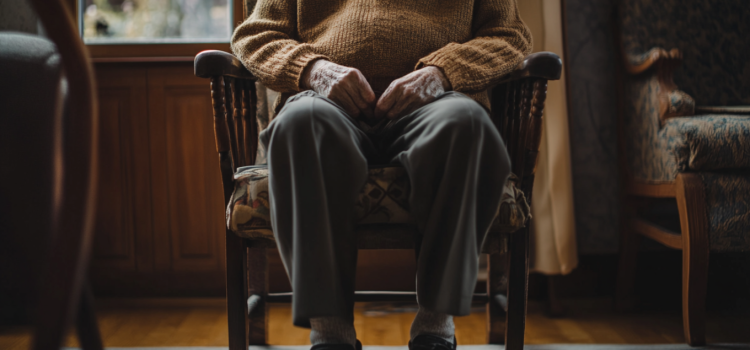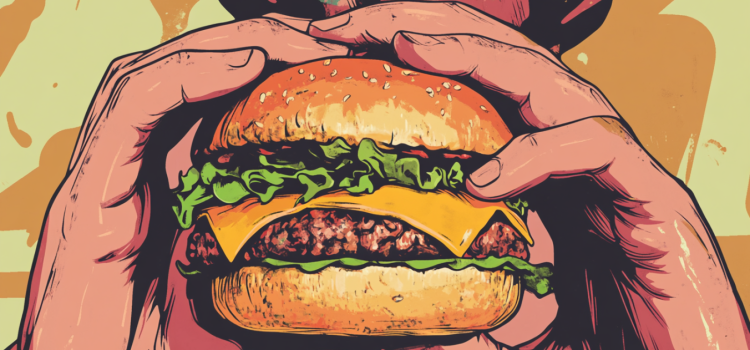Why do people get sick and die from old age, while some other organisms don’t? Is there a way to prevent aging in humans—or even to reverse it? In Jellyfish Age Backwards, biotech researcher Nicklas Brendborg uses Turritopsis dohrnii—the immortal jellyfish—as an entry point to explore the latest research on longevity. Brendborg weaves together cutting-edge science, evolutionary biology, and practical insights about the topic. Continue reading for an overview of Jellyfish Age Backwards.
Jellyfish Age Backwards by Nicklas Brendborg—Overview










